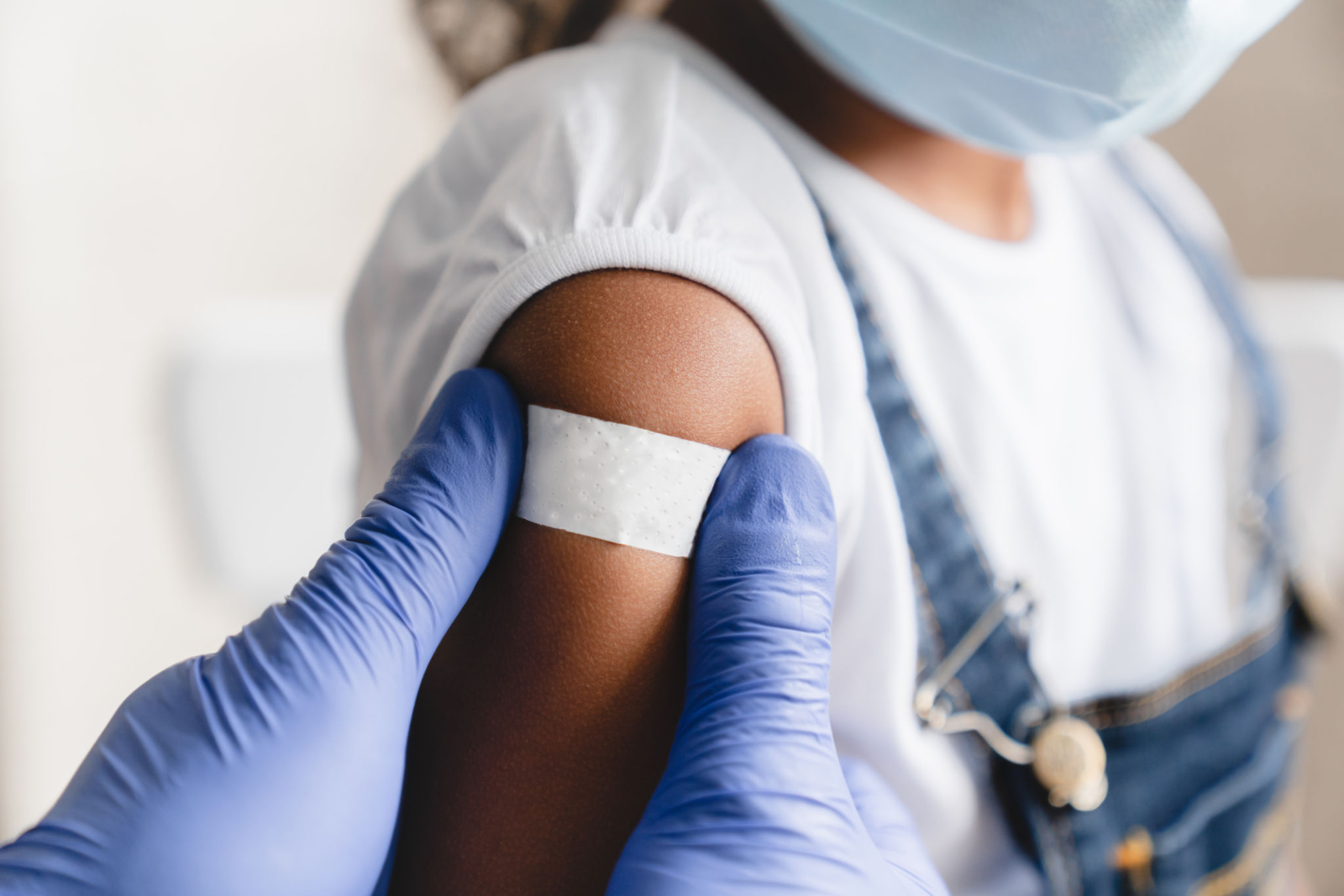Expert Tips on Vaccine Safety and Efficacy
Understanding Vaccine Safety
Vaccines have been pivotal in reducing the spread of infectious diseases and ensuring public health safety. In recent years, discussions around vaccine safety and efficacy have become more prevalent, especially with the advent of new vaccines. Understanding the rigorous processes involved in vaccine development can help alleviate concerns and reinforce trust in their safety.
Before a vaccine is approved for public use, it undergoes meticulous testing. This starts with preclinical trials on cells and animals, followed by several phases of clinical trials involving human volunteers. Each phase assesses the vaccine's safety, efficacy, and potential side effects. It's crucial to note that only vaccines that meet stringent safety criteria progress through these phases.

The Role of Regulatory Authorities
Regulatory bodies such as the U.S. Food and Drug Administration (FDA) and the European Medicines Agency (EMA) play a significant role in ensuring vaccine safety. These organizations evaluate clinical trial data to ensure that a vaccine's benefits outweigh any potential risks. They also monitor vaccines post-approval to quickly identify and address any emerging safety concerns.
Post-marketing surveillance involves systems like the Vaccine Adverse Event Reporting System (VAERS) in the United States, which collects and analyzes data on adverse events after vaccination. This continuous monitoring helps maintain public trust and ensures that vaccines remain safe for widespread use.
Efficacy: How Vaccines Protect Populations
Vaccine efficacy refers to how well a vaccine works in controlled clinical trials. It is typically expressed as a percentage, indicating the reduction in disease risk among vaccinated individuals compared to those who are unvaccinated. For instance, a vaccine with 95% efficacy means there's a 95% reduction in disease occurrence among those vaccinated.

It's important to understand that no vaccine is 100% effective. Factors such as age, underlying health conditions, and the presence of different virus strains can influence efficacy. However, widespread vaccination can lead to herd immunity, significantly reducing disease transmission and protecting those who are unable to be vaccinated.
Addressing Common Concerns
Despite the clear benefits, vaccine hesitancy remains a challenge. Common concerns include fears about side effects and misinformation about vaccine contents. Health professionals emphasize that most vaccine side effects are mild and temporary, such as soreness at the injection site or mild fever.
Education is essential in addressing these concerns. Providing clear, evidence-based information about how vaccines work, their ingredients, and their role in preventing disease can help dispel myths and encourage informed decisions.

The Future of Vaccination
The future of vaccination is promising, with advancements in technology leading to more efficient vaccine development processes. Innovations such as mRNA vaccines have shown effectiveness against viruses like COVID-19, opening doors for new approaches to combating infectious diseases.
Moreover, global collaboration among scientists, healthcare providers, and governments is essential for enhancing vaccine accessibility and addressing emerging health threats. By continuing to support research and public health initiatives, we can ensure that vaccines remain a cornerstone of global health.